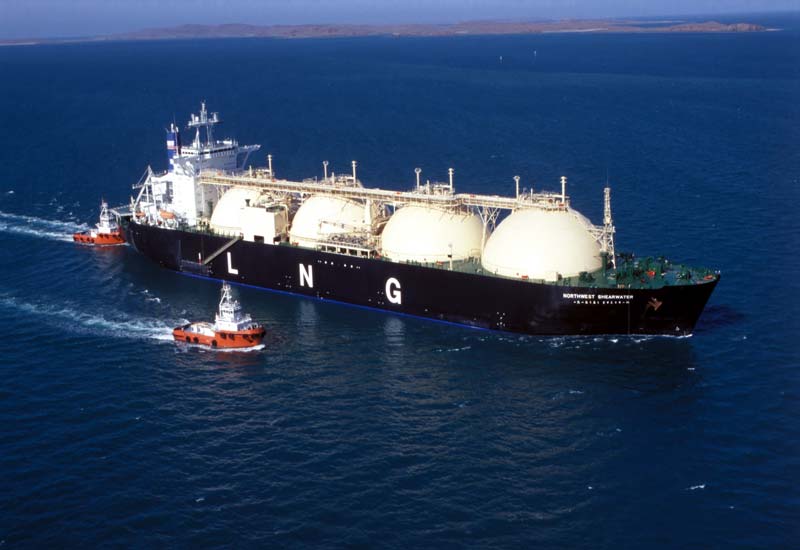- FG Unveils New Gas Policy, to Create Single Regulator
The Ministry of Petroleum Resources on Wednesday announced the approval of the National Gas Policy by the Federal Executive Council and stated that the development would give rise to the establishment of a single independent petroleum regulatory authority.
Currently, the policy and regulatory institutions overseeing the oil and gas industry in the country are the Ministry of Petroleum Resources, Department of Petroleum Resources, Nigeria Content Development and Monitoring Board, Petroleum Products Pricing Regulatory Agency and the Petroleum Equalisation Fund.
But in the NGP, which was approved by FEC last week, the five agencies will be collapsed into one regulatory authority.
Before its approval, a copy of the draft NGP obtained by our correspondent, stated that the government was desirous of reducing the current regulatory overlaps and consolidating the existing regulatory agencies into a single one.
It stated, “The Federal Government is determined that there should be a new single regulatory agency for the petroleum sector in Nigeria, which will replace the existing regulatory agencies.
“The new agency will cover the whole petroleum sector, incorporate the activities of the existing petroleum regulatory authorities, and also cover some new regulatory activities not currently covered. It will essentially be responsible for the economic and technical regulation of the gas sector and shall have licensing, investigative, monitoring and dispute resolution powers.”
The policy outlined the divisions, departments and functions envisaged to form part of the new petroleum regulatory agency to include upstream oil and gas regulation; midstream and downstream gas regulation; midstream and downstream oil regulation; health, safety and environment compliance; consumer protection; and compliance monitoring, among others.
The Director, Press, Ministry of Petroleum Resources, Idang Alibi, said the gas policy had the intention of moving Nigeria from an oil-based to an oil and gas-based industrial economy.
In a statement issued in Abuja on Wednesday, Alibi noted that the policy would “separate the respective roles and responsibilities of the government and the private sector, establish a single independent petroleum regulatory authority, implement full legal separation of the upstream from the midstream, and implement full legal separation of gas infrastructure ownership and operations from gas trading.”
He added that the policy would also “realise more of the LNG international downstream value, pursue a project-based rather than a centrally-planned domestic gas development approach, make a strong maintenance and safety culture a priority, implement international best practices for environmental protection, and establish strong linkages with electric power, agriculture, transport and industrial sectors.”
Others include the establishment of payment discipline throughout the energy chain, honour stability of contract terms, ensure security of assets and compliance with the Nigerian Content Act.
The ministry noted that the main aspects of the recently approved NGP covered governance, including legislation and regulation, industry structure, development of gas resources, infrastructure, building gas markets and developing national human resources.
Commenting on the development, the Minister of State for Petroleum Resources, Ibe Kachikwu, said Nigeria needed to generate revenues from petroleum and gas in order to see an improvement in its economy and leverage on opportunities for gains from the sector.

 Forex3 weeks ago
Forex3 weeks ago
 Naira3 weeks ago
Naira3 weeks ago
 Billionaire Watch2 weeks ago
Billionaire Watch2 weeks ago


 Naira3 weeks ago
Naira3 weeks ago




 Naira2 weeks ago
Naira2 weeks ago




 Naira1 week ago
Naira1 week ago




 Naira4 weeks ago
Naira4 weeks ago
 Banking Sector4 weeks ago
Banking Sector4 weeks ago
























